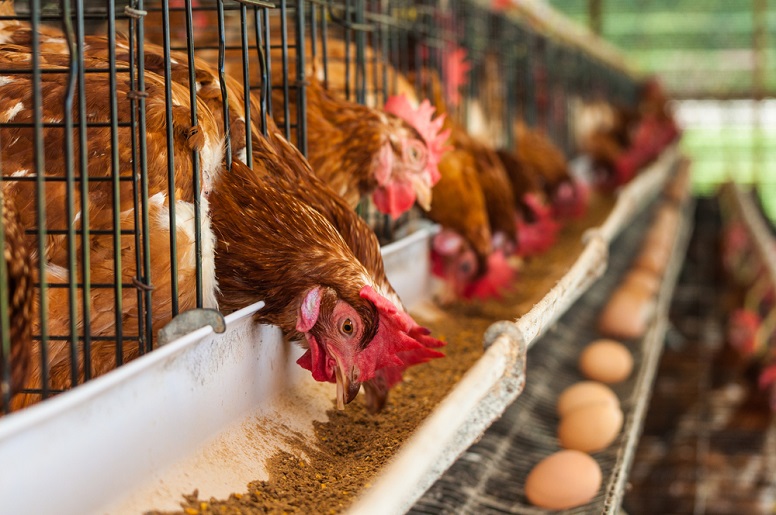- Choose a suitable breed: Select a breed of chicken that is well-suited to the local climate, disease patterns, and market demand.
- Build or buy suitable housing: The housing should provide enough space, ventilation, and protection from extreme weather conditions.
- Provide proper nutrition: Offer a balanced diet that meets the nutritional requirements of the birds, including protein, energy, vitamins, and minerals.
- Implement biosecurity measures: Establish biosecurity measures to prevent the introduction and spread of disease, including strict hygiene practices and disease monitoring.
- Regular veterinary services: Regular veterinary check-ups and treatment can help maintain the health of the birds and prevent outbreaks of disease.
- Manage waste effectively: Properly manage and dispose of poultry waste to minimize environmental impact and maintain the health of the birds and the surrounding community.
- Maintain accurate records: Keeping accurate records of bird numbers, feed and water intake, and other relevant information can help monitor the performance of the farm and make informed decisions.
- Market the eggs: Establish good relationships with local customers and suppliers to ensure a steady market for eggs.
- Continuously monitor and improve: Regularly monitor the performance of the farm and make improvements as necessary to improve efficiency and profitability.

